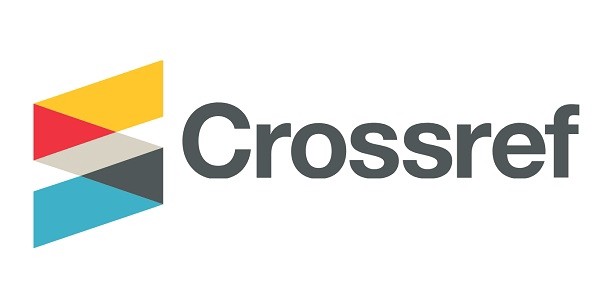Assessment of the Quality of the Training System in Moroccan Higher Education Institutions: Case of the Sciences ans Techniques of Physical and Sports Activities.
DOI:
https://doi.org/10.52502/ijitas.v3i2.27Keywords:
Perceived quality, SERVQUAL, University training system, Student satisfaction, STPSA, Higher educationAbstract
Purpose: The aim of our study is to assess the overall quality of the university training system in sciences and techniques of physical and sports activities in Moroccan higher education. Method: Our method was based on a quantitative, exploratory and correlational approach. The independant variable (the quality of services provided by the UTS in STPSA) and the dependant variable (overall student satisfaction) were investigated emprically and statically. 256 students from 5 STPSA institutions of higher education were surveyed. Two measurement tools were used: an adapted version of the SERVQUAL instrument and a validated questionnaire of satisfaction with the TS-STPSA domains. The internal consistency of the two measuement tools was tested and confirmed. Similarly, the inter-dimensional correlation matrix was examined to verify the statistical reliability of our tools and their appropriateness to the STPSA context. Results: The overall quality of training services was perceived by 59% of students as unsatisfactory. "Empathy" is the strongest determinant of TS quality in STPASA. While "Responsiveness" is the weakest dimension. The two dimensions of "Reliability" and " Assurance" reinforce students' dissatisfaction with the STPSA major with negative gaps of -1.42 and -137 respectively. While "Tangibility" is the most neutral dimension with almost no difference. These five dimensions explain 45.7% of the variation in overall student satisfaction. They have a positive effect on the satisfaction of students' STPSA. The correlation examination, between the dimensions of service quality and satisfaction with the STPSA-TS domains, revealed seven positively significant relationships, including three between students' "Overall Satisfaction" and the dimensions of "Tangibility", "Responsiveness" and "Empathy". Conclusion: Globally, the quality of TS in Moroccan STPSA is unsatisfactory. The students' expectations greatly exceed their perception of the effective quality of the TS. This suggest that STPSA fields are not effectively fulfilling the students' initial expectations. This judgement is characterized by "negative" quality gaps in three of the five dimensions of the SERVQUAL scale (Responsiveness, Reliability and Assurance). The produced outcomes remain referential to allow STPSA managers to improve the quality of their services. However, students' expectations and perceptions are subjective and rarely stable over time. They vary according to several variable factors (mood, emotion, stress, motivation...). A longitudinal study could be conducted later to overcome or mitigate these limitations.
Downloads
Published
How to Cite
Issue
Section
License
Copyright (c) 2021 International Journal of Information Technology and Applied Sciences (IJITAS)

This work is licensed under a Creative Commons Attribution-NonCommercial-NoDerivatives 4.0 International License.


























